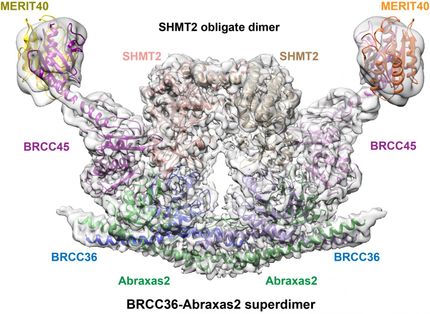PerkinElmer and George Mason University Announce Alliance to Develop Novel Proteomic Technologies
Biomarker Identification for Early Cancer Detection
Advertisement
PerkinElmer, Inc. announced a five-year research collaboration agreement with George Mason University to develop a new and innovative approach for cancer detection and risk stratification. Scientists from both organizations will work together on the design of several new types of clinical assay platforms that utilize both the amino acid identification of a protein fragment and its specific mass to identify the biomarker. Areas of focused research include Stage I lung, ovarian and breast cancers.
The alliance initially calls for the creation of a new proteomics technology to accurately measure and detect specific protein fragments found in human blood, which are potential biomarkers for disease. The alliance builds on a recent discovery by George Mason University researchers, Drs. Emanuel F. Petricoin and Lance A. Liotta, of an archive of protein fragments in human blood.
"This untapped archive of protein fragments from diverse tissue and cellular origins may offer vital disease-related information," theorized Liotta. "High-abundance proteins, such as albumin, found in blood serum appear to act as molecular magnets that mop up the fragments, and our work to date demonstrates that these fragments can be identified, measured and analyzed in the context of specific diseases, such as early stage ovarian cancer."
Petricoin explained that the alliance goes beyond the rigorous validation and discovery of new markers for cancer to a new and unprecedented paradigm for disease detection using a new type of biomarker. "The new concept - that disease detection lies in the information stored in fragments of proteins - requires both the precise mass and the amino acid sequence of the candidate biomarker," he said.
















































